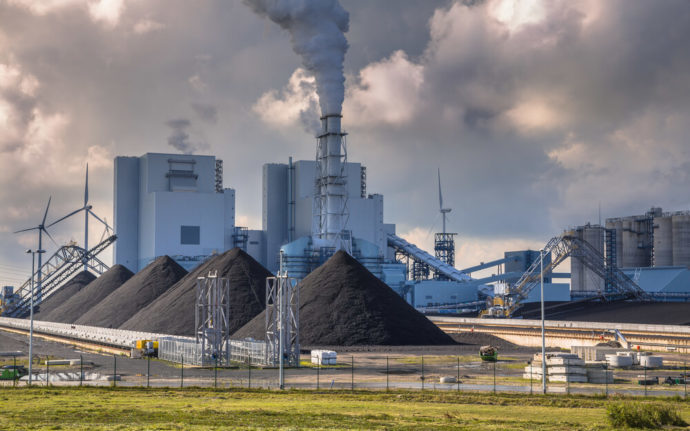

Casting a Shadow Over Renewables
The Central Electricity Regulatory Commission (CERC) decision to allow the Mundra power plant owned by Adani Power to pass on the increase in fuel costs to discoms, and eventually consumers, is not surprising. The CERC had been involved after the Supreme Court refused to take the decision, and referred it to the CERC.
The issue came to a head after the Adani plant, besides the Mundhra plant of Tata Power and another plant from Essar Power, had all provisioned for power cost based on importing coal from Indonesia. Thus, when that country hiked export duties on coal, all these power producers found themselves facing losses, if they were to sell power at contracted costs as per their PPA’s to the state discom. A plea to increase rates was refused by the state discom, on the basis of the hike in coal being a business risk, and not the force majeure that these firms wanted it to be considered.
CERC’s Friday order says “It has not been disputed by any stakeholder, including consumer groups, that even with full pass through of the fuel prices, these projects will continue to be competitive and cheaper than alternate sources, including any replacement capacity which in any case will take several years to come on stream, if at all.
“Further, these projects are efficient, on super critical technology and are base load plants and therefore, it makes economic sense to keep them operationalized”. With the state most affected, Gujarat, already recommending leeway to the power producers, the order was a foregone conclusion, almost. In fact, the Gujarat government had recommended a further 10 years extension in the power purchase agreements for these projects, compensating them perhaps for the disruption caused to their books while the case winded its way through the system.
The ruling is a reminder of previous approaches taken by the country’s highest decision makers, where, more often than not, they have been presented with a fait accompli, in the sense that any decision that is not supportive of the business owners has the potential to be hugely disruptive. We have seen this in earlier years with the massive user fees charged to passengers for airport development, after costs there went well beyond budgeted amounts, and now, the mega power plants, who clearly did not read their main supply market right when making assumptions on coal imports. Investments already made, however poorly thought through or executed, have invariably counted for a lot, in arriving at final decisions. This is a streak of conservatism when it comes to avoiding ‘wastage’ of resources, that regularly trumps the letter and spirit of the law sometimes, in India.
In the case of this ruling, the CERC’s words about there being no better or cheaper option available also holds merit, even if as a rude reminder to the realities of the huge distance renewable power has to traverse to be taken seriously. It has been discussed before how the renewables sector is considered useful for optics, and filling the gaps so far, but doesn’t quite have the unstinted support and backing it could do with, especially from the Ministry of power.
In a significant move toward advancing green energy and industrial growth in the state, Himachal…
Golabl chemical conglomerate BASF has announced that its now offering the world’s first biomass-balanced polyethersulfone…
In a crucial stint to bolster the biogas sector and sustainable dairying in the country,…
TotalEnergies SE has received approval to proceed with its Middlebrook solar and battery project in…
Andhra Pradesh Chief Minister Chandrababu Naidu has inaugurated the Rs 1,000-crore green hydrogen plant of…
The BITS Pilani has developed an innovative solution for managing landfill leachate, domestic septage, and…